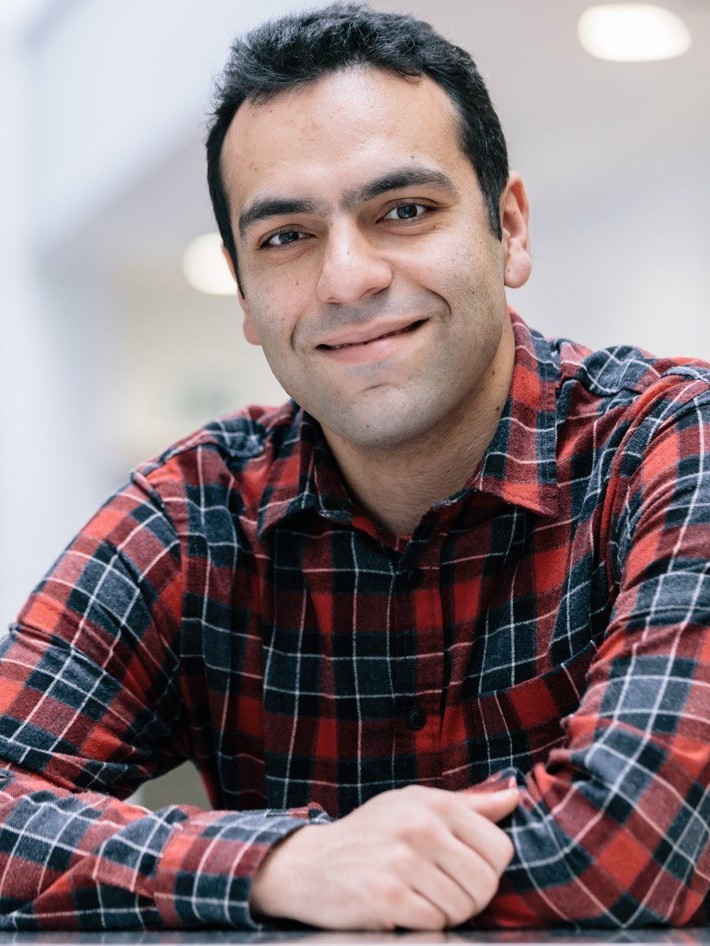Two Key Challenges
- Simulation of a Quantum Computer (QC) is memory intensive
Simulation needs to store all possible quantum states of a QC in the memory of a classical computer. The space cost is O(2^N) where N is the number of qubits. For instance, a 45-qubit simulation needs 0.5 PB of memory.
- Simulation of a QC is computationally demanding
The dominating computation is matrix multiplication. The computation cost is linear to the depth of the quantum circuit and is exponential to the number of qubits. This may require a lot of time to run on general processors: CPUs.
Research Idea
Provide a GPU-centric system solution to achieve efficient simulation of a QC
on a GPU cluster
How to partition and coordinate the QC simulation on distributed GPUs?
How to enable compilation optimizations for a quantum circuit on a GPU?
Methodology
Start with the state-of-the-art simulator, and follow the success of supporting heterogeneous processors in AI frameworks
- QuEST: an open-source library for QC simulation with current support for distributed
CPUs and a single GPU. - Enable evolution for the QC simulation software, similar to how AI frameworks
evolved in the past decade (from Caffe to TensorFlow / PyTorch).
… and add increasingly sophisticated error modelling.
The Team

Antonio Barbalace

Oliver Thomson Brown

Raul Garcia-Patron Sanchez

Luo Mai

Mahesh Marina


